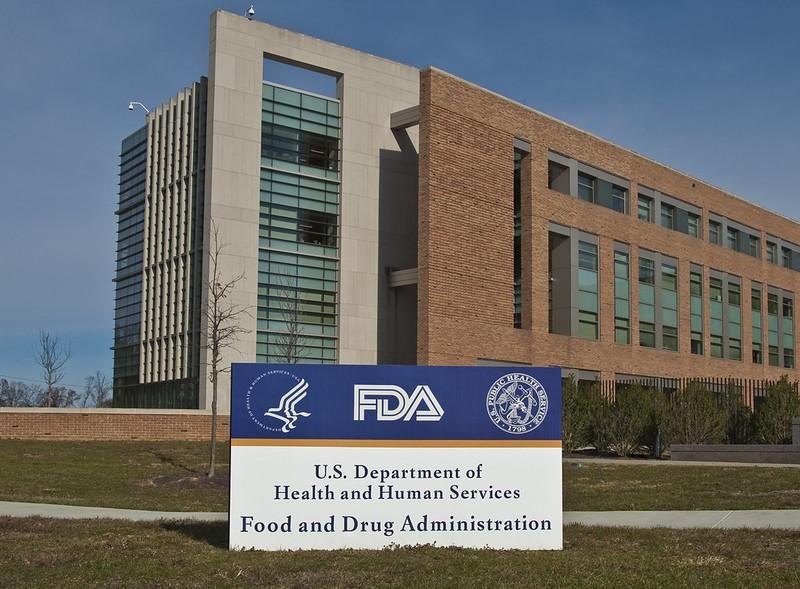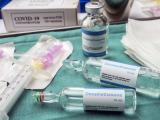The Food and Drug Administration (FDA) last night announced it has issued an emergency use authorization (EUA) for the Pfizer-BioNTech COVID-19 vaccine, allowing shipments to begin and marking a significant milestone in the country's battle against the virus.
At a briefing today, FDA Commissioner Stephen Hahn, MD, said the EUA marks an unparalleled achievement of different groups working together without external pressure to find efficiencies without cutting any safety corners. He also praised the work of career FDA staff who have been working around the clock to move the assessment of the vaccine forward.
An independent FDA panel on Dec 10 recommended that the vaccine be approved for emergency use in people ages 16 and older. The FDA typically follows the recommendations of its Vaccines and Related Biological Products Advisory Committee (VRBPAC), and Hahn had said that the agency would move quickly on its decision.
Peter Marks, MD, PhD, director of the FDA's Center for Biologics Evaluation and Research, said the EUA issuance makes the vaccine available and holds the promise of altering the course of the pandemic. He also said the FDA's review of the vaccine doesn't end with the EUA and that it will continue to comb through the data and collaborate on safety monitoring as the company seeks full approval for the vaccine.
The EUA paves the way for shipments to begin, and FDA officials said they are already moving to deliver the vaccine across the country.
Addressing concerns over allergies, pregnant women
Officials fielded questions and offered clarifications about two groups, people with a history of allergies and pregnant women.
Though two allergic reactions were reported in the United Kingdom on the first day of vaccination on Dec 7, Marks said FDA regulators didn't see a concerning signal in larger datasets from the studies. He noted that the vaccine is contraindicated for people who have a history of severe allergic reactions to vaccines or vaccine components. He added that, as standard procedure, vaccination sites will have tools on hand, such as EpiPens and diphenhydramine, to handle any events.
More than 1.6% of the population has a history of severe reaction to items such as food or environmental substances, Marks said, adding that the FDA doesn't want that population excluded from receiving the vaccine. With its continuous safety and clinical trial monitoring, he said the FDA feels comfortable moving forward.
Marks said there weren't enough pregnant women in the trial to assess safety, but women can work with their medical providers to weigh the benefits and risks.
FDA officials also addressed a debate a few days ago in its advisory group meeting about 16- and 17-year-olds getting the vaccine. Marks said the numbers of teens in the study wasn't as large as for other age-groups, but that FDA has a fair amount of history about pediatric age range extrapolation.
He said older teens are known to transmit the disease when asymptomatic and that they have significant interaction with the community and that known potential benefits outweigh the potential risks.
CDC advisers to vote today
A remaining question about the vaccine is whether it prevents transmission, and Marks said it will take a few more months to get that data.
He also addressed suggestions that officials should stretch vaccine supplies by giving one dose instead of the two recommended doses. He said there's been a lot of noise about the issue, but the trials focused on effectiveness and duration of protection after two doses. "It would be foolhardy to conjecture that one dose may be okay without knowing," he said.
With its EUA issuance, the FDA also posted several background documents, including fact sheets for medical providers and patients.
The FDA EUA approval sets the stage for immunization to begin with the first doses, which will target healthcare workers and nursing home residents. This afternoon, the vaccine advisory group of the Centers for Disease Control and Prevention (CDC) is meeting in an emergency session and will vote on whether Americans should receive the vaccine.





















